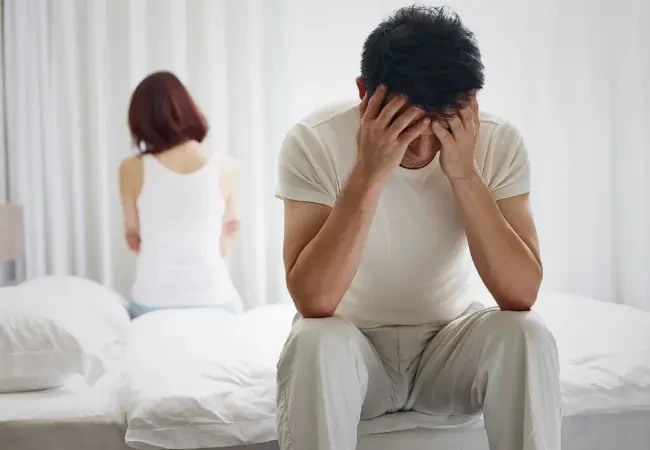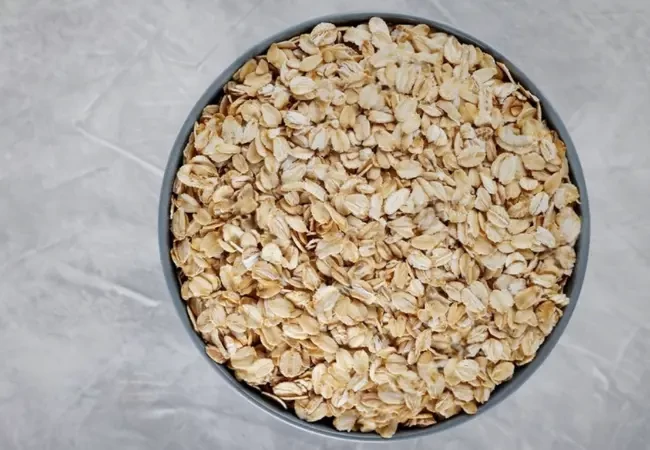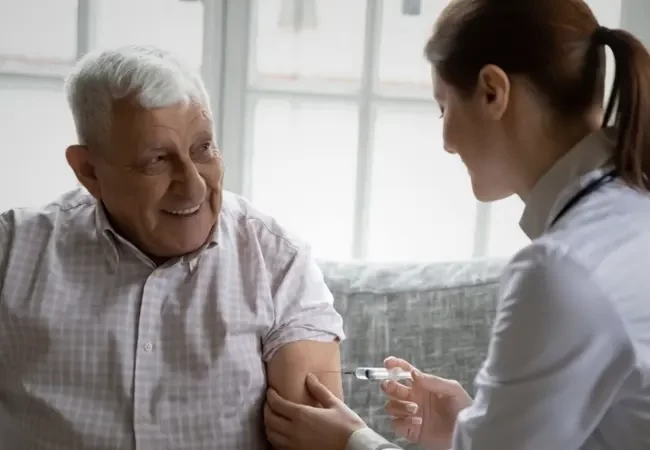Blog
Hormonal Changes
Teenagers

Hormonal Changes in Teenagers Signs, Symptoms, and Solutions
 Medically reviewed by: Dr. Tom Babu, Consultant Diabetologist & Endocrinologist - Written by Greeshma.S.B - Updated on 03/01/2025
Medically reviewed by: Dr. Tom Babu, Consultant Diabetologist & Endocrinologist - Written by Greeshma.S.B - Updated on 03/01/2025Teenage is a significant milestone in every child’s life. It is a time of rapid growth and change, both physically and emotionally, as hormones start to take control. Understanding these teenage hormonal changes is essential for parents and caregivers to provide the right support and guidance. In this blog, we will discuss the causes, symptoms, and treatments of hormonal changes in teenagers.
When Does Teenage Begin?
The teenage phase, or adolescence, typically starts around 9 to 13 years of age. However, it is important to note that the onset of teenage changes can vary from child to child. Some children may experience these changes earlier or later than their friends, which can still be considered normal.
For boys, this phase begins with noticeable changes in their voice, sudden height growth, and the appearance of facial hair, such as a mustache and beard. Girls, on the other hand, often experience the start of their menstrual cycle, breast development, and hair growth in new areas.
Signs and Symptoms of Hormonal Changes
Teenagers go through various physical, emotional, and behavioral changes due to fluctuations in their hormone levels. Here are some common signs to look out for:
In Boys
- Voice Changes: Their voice deepens, often starting with a "cracking" phase
- Facial and Body Hair: The growth of a mustache, beard, and body hair is one of the first visible signs.
- Height Increase: A sudden increase in height is typical during this stage.
- Muscle Development: Boys tend to gain muscle mass and strength as testosterone levels rise.
- Acne: Increased oil production in the skin can lead to pimples.
In Girls
- Breast Development: This is usually the first sign of puberty in girls, starting as early as 9 years old.
- Menstruation: Periods typically begin between 12 and 13 years old, but it can vary.
- Body Hair Growth: Hair appears in the underarms and other areas.
- Widening of Hips: This is a natural part of puberty, preparing the body for adulthood.
- Acne: Hormonal changes can also lead to oily skin and pimples in girls.
Emotional and Behavioral Changes
Both boys and girls may experience emotional changes, such as mood swings, irritability, or heightened sensitivity. These are caused by fluctuating hormone levels and are a normal part of growing up.
When to Seek Help?
While most teenage hormonal changes occur naturally, it is important to recognize when something may be out of the ordinary.
For Girls
● If there are no signs of puberty, such as breast development or hair growth, by the age of 13, it may indicate delayed puberty.
● If periods have not started by age 16, it is essential to consult a healthcare provider.
For Boys
● If there is no growth, voice change, or other signs of puberty by age 14, it may signal delayed development.
If you notice any unusual symptoms or significant delays, consult a pediatrician or endocrinologist for a thorough evaluation.
Supporting Teenagers Through Hormonal Changes
Parents and caregivers play a critical role in helping teenagers navigate these changes. Here are some practical ways to provide support:
- Educate Yourself: Learn about teenage hormonal changes so you can understand what your child is going through.
- Open Communication: Encourage open and honest discussions. Let your teenager know that what they are experiencing is normal and part of growing up.
- Promote a Healthy Lifestyle:
○ A balanced diet with plenty of fruits, vegetables, and whole grains can help regulate hormones.
○ Encourage regular physical activity to support physical and emotional health. - Focus on Mental Health: Mood swings and emotional changes are common, but it’s important to address prolonged sadness or anxiety. Be supportive and seek professional help if necessary.
- Establish a Skincare Routine: Help your teenager manage acne by teaching them proper skincare habits, like cleansing and moisturizing.
- Be Patient and Supportive: Understand that every teenager develops at their own pace. Avoid comparing your child to others.
Hormonal Problems in Teenagers
While most changes are normal, some teenagers may experience hormonal imbalances. These can manifest as irregular periods in girls, excessive acne, or excessive hair growth in unexpected areas. In boys, it might appear as delayed puberty or gynecomastia (enlarged breast tissue). If you suspect a hormonal issue, a healthcare provider can perform tests to identify the problem and recommend appropriate solutions.
Related Blog:
Hormonal Problems in ChildrenConclusion
Understanding teenage hormonal changes helps parents and caregivers provide better support during this crucial phase of life. While these changes can sometimes be challenging, they are a natural part of growing up. By being informed, maintaining open communication, and providing a healthy environment, you can help your teenager transition smoothly into adulthood.
Silverline Hospital is here to help. Our team of caring and experienced doctors provides a safe space to discuss any health concerns. As a leading hospital in Kochi for hormonal health, diabetes, and endocrine issues, we offer expert treatment and care for all our patients.
With our specialized care in pediatric endocrinology, we provide confidential and personalized attention for all hormonal health concerns. Together, we can ensure your child’s healthy development and well-being. Contact Silverline Hospital today to schedule an appointment or learn more about our services.

More Blogs
-

Sudden Erectile Dysfunction: It's More Than Just Hormones
Experiencing sudden erectile dysfunction? It could signal deeper health issues beyond hormonal imbalance.
-

Oats Are Also Carbohydrates: Here's Why Protein-Based Foods Are the Better Choice
Think oats are healthy carbs? Discover why protein-based foods are a smarter choice for sustained energy and balanced nutrition.
-

How Vaccines Help Protect Diabetics From Infections
Discover how vaccines protect diabetics from infections by boosting immunity and preventing serious complications.
-

Vaccinations for Diabetics: Flu, Pneumococcal, Tdap & More Explained by Experts
Stay protected with the right vaccines. In this expert-led guide, learn why flu, pneumococcal, Tdap, and other vaccines are essential for people with diabetes.
-

Struggling with Erection or Early Ejaculation? Here's How to Get Help
Struggling with erectile dysfunction or premature ejaculation? Learn common causes, treatments, and how to seek professional help with confidence.


 Home
Home  Booking
Booking
 Chat Now
Chat Now  Call Us
Call Us